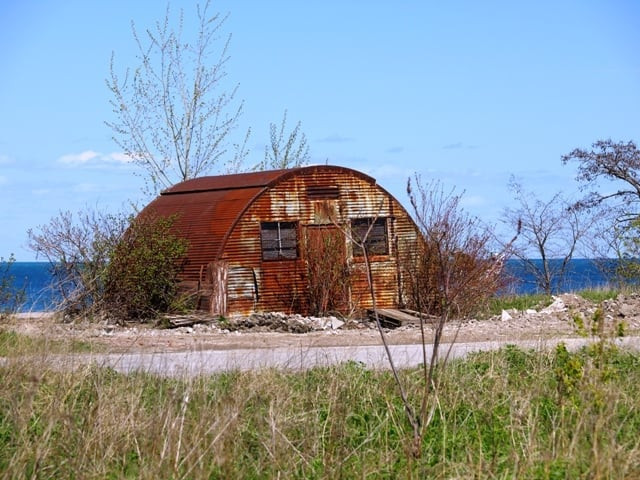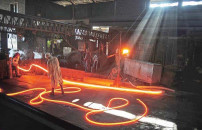The bike shed effect
One gets the feeling our leaders have a bad case of the bike shed effect.

Often times, decision makers are far less reluctant to pull the trigger on large-scale problems than on much smaller, trivial problems.
This principle was first popularised with C Northcote Parkinson’s story “What color is the bike shed?” in his famous consulting book Parkinson’s Law published back in the 1960s. The story gained notoriety and in consulting circles, became known as the bike shed problem.
The bike shed story tells of a management committee’s decision to approve a nuclear power plant, which it does so with little argument or deliberation. The story contrasts this with another decision on choosing the colour of the bike shed where the management gets into a nit-picking debate and expends far more time and energy than on the nuclear power plant decision.
Karl Fogel, a renowned engineer on the topic describes the issue as “the amount of discussion is inversely proportional to the complexity of the topic that has been around for a long time”.
Only the most accomplished physicists have knowledge of the inner workings of a nuclear power plant, so in this case management has little choice but to go with the plan.
Trivial decisions often come under debate because everyone is on equal footing and should any two persons lock horns oftentimes the issue is quite likely to carry on until either party concedes. If the issue is something entirely subjective such as the colour of the bike shed, then someone must concede or the issue can prolong far longer than it should.
Organisational behaviour is also a contributing factor. Often, managers may not want to concede to one another while at other times as employees of a company, their sense of belonging comes from recognition of their contributions or acceptance of their ideas. In the bike shed problem, both recognition and acceptance are at stake. In case of the nuclear plant, there is little room for argument as the subject demands considerable knowledge for debate.
Fogel claims that “consensus is hardest to achieve in technical questions that are simple to understand and easy to have an opinion about, and in “soft” topics such as organisation, publicity, funding, etc. People can participate in those arguments forever, because there are no qualifications necessary for doing so, no clear ways to decide (even afterward) if a decision was right or wrong, and because simply outwaiting other discussants is sometimes a successful tactic”.
It is prudent to spend as little time as possible on bike shed problems.
Published in The Express Tribune, July 4th, 2011.



















COMMENTS
Comments are moderated and generally will be posted if they are on-topic and not abusive.
For more information, please see our Comments FAQ